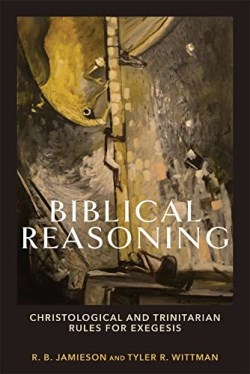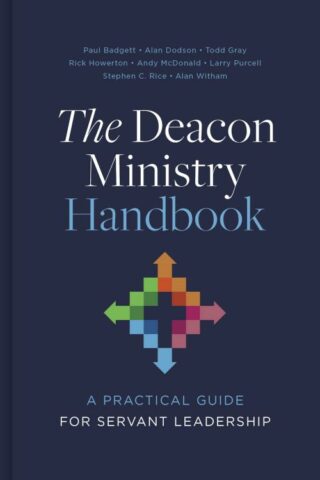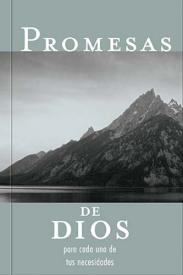R. B. Jamieson
Showing all 2 resultsSorted by latest
-
Biblical Reasoning : Christological And Trinitarian Rules For Exegesis
$32.99Two experts in exegesis and dogmatics show how Christology and the Trinity are grounded in Scripture and how knowledge of these topics is critical for exegesis. The book outlines key theological principles and rules for the exegesis of Christian Scripture, making it an ideal textbook for hermeneutics and interpretation courses. The authors explore how the triune God revealed in Christ shapes Scripture and its readers and how doctrinal rules intrinsic to Scripture help guide exegesis.
Add to cartin stock within 3-5 days of online purchase
-
Biblical Reasoning : Christological And Trinitarian Rules For Exegesis
$83.31Two experts in exegesis and dogmatics show how Christology and the Trinity are grounded in Scripture and how knowledge of these topics is critical for exegesis. The book outlines key theological principles and rules for the exegesis of Christian Scripture, making it an ideal textbook for hermeneutics and interpretation courses. The authors explore how the triune God revealed in Christ shapes Scripture and its readers and how doctrinal rules intrinsic to Scripture help guide exegesis.
Add to cartin stock within 3-5 days of online purchase










